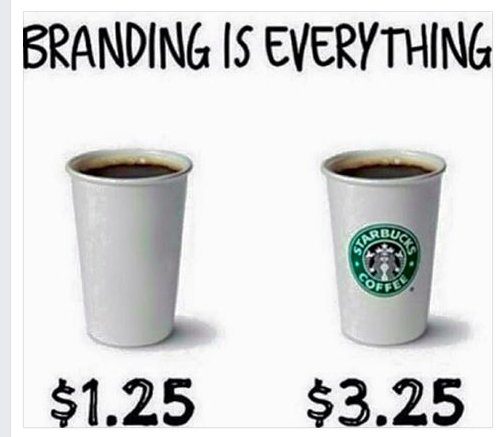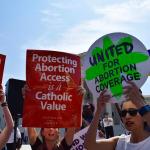
“All politics is local.” According to that maxim, both parties catered to local issues and local sensibilities. But now, according to one observer, “All politics is national.”
Formerly, when politics was local, Democrats in the South tended to be conservative when it came to issues like abortion and national defense. Republicans in big urban areas tended to be more liberal economically to appeal to constituents who are labor unions and immigrants.
Thus, there was a conservative wing and a liberal wing in each party. To pass a bill in Congress, lawmakers could forge coalitions with sympathetic members of the opposite party.
Today, though, that maxim has been reversed: “All politics is national.” We voters ask our candidates for county commissioner what their position is on abortion, Donald Trump, and national defense, even though their office has nothing to do with those issues. (I do think asking about life issues can reveal quite a bit about the moral convictions of any candidate, which will always be relevant in any office.)
Perhaps more importantly, the political parties refuse to support any candidate, including on the local and state level, that does not support “party values.” The national Democratic party, for example, is refusing to support any Democrat who is pro-life.
The result is a Republican party with no liberal wing and a Democratic party with no conservative wing. The parties have become “national brands,” not flexible organizations that can appeal to diverse constituents.
So says Michael Gerson in the Washington Post, citing Amy Walter of the Cook Political Report, who calls this homogenization of branding the “Starbucksization of politics.” From American politics is turning into Starbucks:
Does this pro-choice orthodoxy hurt Democrats politically? In some places, surely. It is a safe bet that a pro-life Democrat running in the recent Alabama Senate election would have beaten the epically tainted Roy Moore by a healthier margin.
But Amy Walter of the Cook Political Report points out two complicating factors:
First, the heterodoxies of local candidates seem to matter less and less in the way Americans make political choices. Increasingly, Walter says, “all politics is national.” Voters believe that support for any Democrat — even a more conservative Democrat — is actually support for the Nancy Pelosi-Chuck Schumer team. “Somewhere along the way,” argues Walter, “the idea that each district is different went by the wayside.” She calls this the “Starbucksization” of American politics. Voters are choosing a national brand instead of a local variant.
[Illinois Congressman Daniel] Lipinski’s [a pro-life Democrat whom the national party is refusing to support] primary challenger, activist Marie Newman, is particularly explicit on this point. “No matter how you feel personally” on abortion, she says, “you have to vote to support the Democratic Party values.” Think on that a moment. Newman is contending that Democrats, whatever their deepest moral beliefs on a matter of life and death, have an obligation to toe the party line. It is the complete triumph of political tribalism.
[Keep reading. . . ]
Illustration by Simon Berry via Flickr, Creative Commons License












